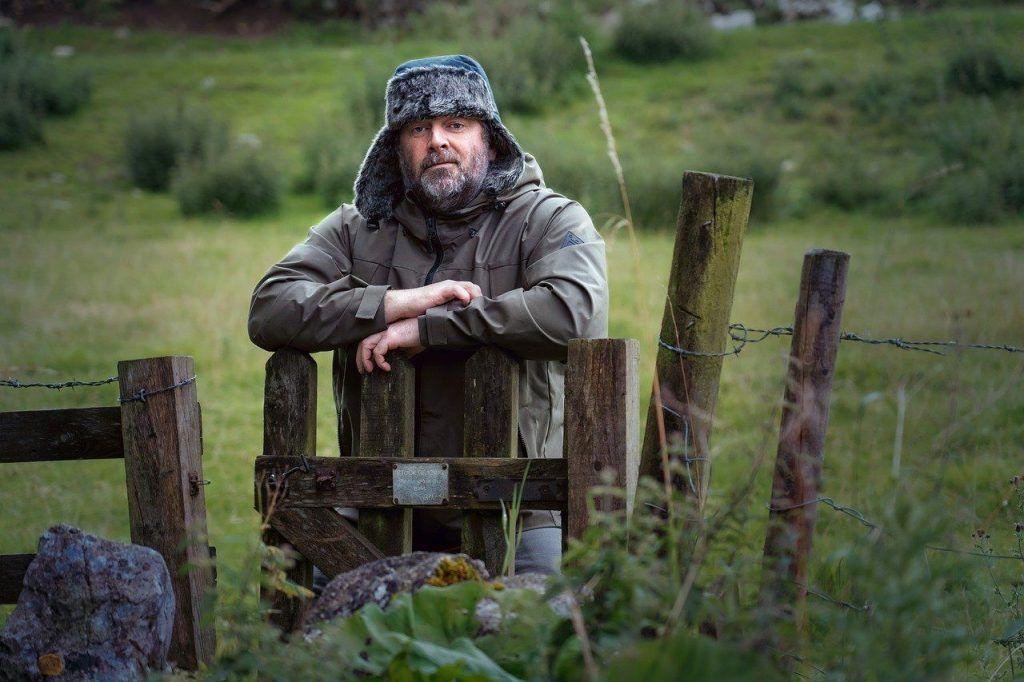Do you need an epiphany?
When you have been living your life in the same way, sometimes you need an epiphany to overcome it. An epiphany is defined in the dictionary as ‘a moment of sudden and great revelation or realization’. It is a moment in time when one incident – a thought, an experience – changes everything for good.
There are many stories in history of people who have made sudden realisations that changed everything. The classic epiphany would be the story of Archimedes, leaping from his bath, shouting ‘Eureka’ as he came to understand water displacement. Sir Isaac Newton is said to have had an epiphany when an apple fell on his head – illustrating gravity.
These events, if true, were significant enough to change the course of science and mathematics. An epiphany can also be experienced at the personal level too. Any experience that results in a major shift in thinking or a new way of experiencing the world is an epiphany. In his classic book The Dubliners, James Joyce explored personal epiphanies through his short stories.
The word therapists and coaches tend to favour for these personal epiphanies is a ‘reframe’. While you don’t need an epiphany to make a breakthrough, such experiences can make personal change much faster than normal.
The smoker who wants to give up, may struggle for years with the habit.If a loved one were to die of lung cancer or heart disease that person might be disgusted by their habit and stop instantly.
In the work I do, epiphanies are often an integral part of the process of change. It’s true sometimes that change requires practice and commitment. Along the way though there can be great leaps of understanding.
1. Emotional experiences
Sometimes the reason that clients come to me in the first place is because they have had an experience in life that is completely new and life-changing. So the trigger for them choosing to work with me is that they have had an epiphany. It could be a relationship break-up, losing a job, a health scare or a panic attack. Suddenly, because of that experience the world seems a very different, possibly scary place. This can be a difficult time, but it can also be an opportunity to grow, become stronger and develop new resources.
Experiences that create powerful emotions – anger, sadness, hurt, fear or guilt can be very powerful catalysts for change.
2. Recognising patterns
You can get an epiphany in coaching or therapy work when you explore your negative experiences and look for patterns. When you know that you have a pattern in your behaviour it can be easier to avoid that behaviour in future. You can change the way you do things so that the behaviour is less likely to re-occur. You can also recognise the behaviour more easily, and ‘nip it in the bud’.
3. Learning something new
Of course sometimes knowing our patterns doesn’t mean we can stop them by ourselves, but ‘knowledge is power’.
Some epiphanies are born of learning a new rule in life that changes your view of things. For example, many clients experience an epiphany when they get to grips with the difference between being at the cause of their experience, rather than the effect. If you are stuck in a job you hate, and feel trapped and helpless, it can be quite a revelation to realise that you are ‘choosing’ to stay in that job. The choice may be driven by such reasonable things as keeping a roof over your head, putting food on the table or saving for retirement, but it is still a choice, and that can often be very empowering.
4. A life changing experience
Another way that clients have an epiphany is through experiencing familiar things in a new way. One classic way this can happen is in the NLP process of a ‘submodality shift’. If you want to give up eating biscuits, you naturally see biscuits in your mind a certain way. Perhaps the biscuits are very vivid and close to you in your imagination. On the other hand, something you would not eat, such as a piece of cardboard, might be pictured more distantly and in black and white.
In the NLP process I would have you adjust the ‘submodalities’ of the biscuit picture to reflect the way you picture the cardboard – making it black and white and moving it further away perhaps.
The effect of this process is often that you no longer have the same feelings about biscuits. There is no concious learning here, you literally ‘change your mind’.
Do you need an epiphany in a breakthrough session
Whether you need an epiphany or you want to really make some significant changes in your life, a breakthrough session can be a very powerful catalyst for change. These one-day experiences – one-to-one – can achieve a huge amount in a single day. You can gain a greater understanding of yourself, you may learn some techniques and ways of viewing the world that are an epiphany for you. You may even find that you can no longer experience the world in the way you did before you entered the session.
A breakthrough session can also be a time for hard work, structured thinking and careful planning to make your progress more slowly and consolidate change. It really is up to you.




0 Comments on “Do you need an epiphany?”